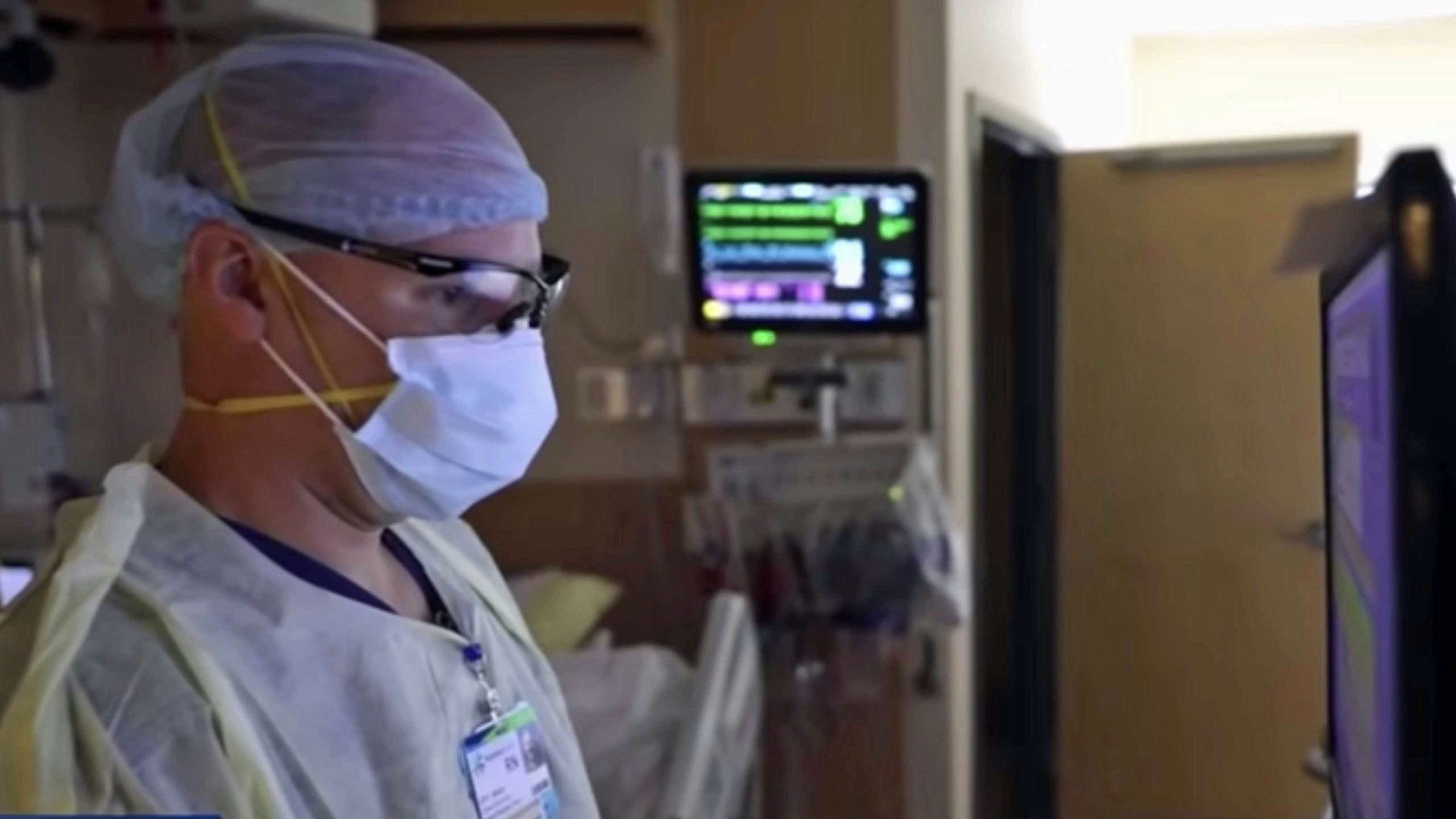Although the Campbell County hospital is projecting losses of at least $10 million, officials are hopeful that recent changes will prevent the possible bankruptcy Campbell County Health is facing.
Hospital officials announced this week that recent financial projections showed that without decisive action, the hospital could be bankrupt by 2026, leaving thousands of people without emergency health care in Campbell County.
Hospital spokeswoman Karen Clarke said that officials released the information in order to help the community better understand the situation.
“One of the biggest misconceptions about CCH is that we are fully taxpayer-funded,” Clarke told Cowboy State Daily on Friday. “County and state funds account for approximately 5% of our revenue. So while Campbell County residents see $10 million going to CCH, that is only 3% of our operating revenue.”
Medicare, Medicaid and medical insurance make up most of the hospital’s revenues, Clarke said, but Medicare reimburses the hospital at a lower rate than medical insurance.
“Our aging population means there are going to be more and more Medicare patients, and those patients tend to be sicker,” she said. “Medicare reimburses at (87 cents per $1 spent) as opposed to $1.45 for commercial insurance As more competitors come into the market, they are going after commercially insured patients because they do not have to accept all patients.”
While the hospital accepts all patients, regardless of their ability to pay, administrators have to figure out what services the hospital can provide at a loss and which services need to be expanded through partnerships, business development and marketing.
Clarke pointed out that Wyoming has a higher rate of Medicare and uninsured patients compared to the national rate, with 16.2% of Wyoming’s patients being on Medicare compared to 14.2% nationally and 12.3% having no insurance, compared to 9.2% nationally.
While hospital officials have been aware of the situation in recent years, Clarke said that the COVID pandemic dramatically affected the health care industry, including CCH.
The pandemic and its related surges of infections repeatedly shut down some services at CCH, such as elective surgeries. Additionally, during the surges, the hospital was hit with a large number of “very sick” patients, limited staff and shortages of personal protective equipment.
“We diverted staff from elective surgeries and other departments to staff our ICU, Medical Surgical unit, Emergency Department, and our primary care facilities,” Clarke said. “While many people in Wyoming think of the pandemic as a windfall for hospital systems, it was devastating financially.
“As recently as January, when the most recent COVID-19 wave hit, we had to once again shut down our surgical unit to all but emergency surgeries,” she continued. “Prior to that, the last shutdown, which consisted of limiting the number of elective surgeries based on available hospital beds and staffing, lasted from September to the end of November.”
Clarke noted that hospital officials have been projecting losses of at least $10 million since last fall.
Clarke said that the hospital is taking several steps to attempt to resolve the budget issues, such as affiliating with health care system UCHealth.
“Being part of the group purchasing program alone saved us over $750,000 in the first quarter of 2022,” Clarke said. “Having the ability to cross-train nurses as scrub techs by sending them to UCHealth has helped us bring back our surgery procedures to a more pre-pandemic schedule.”
Hospital officials must also think about finding efficiencies across all services lines and developing partnerships with local and regional health care providers, she said.
The hospital is also collaborating with a company to resolve billing issues, which Clarke said has helped reduce total unbilled accounts by 62% since August.
“This is significant because patients are no longer waiting months for a bill and we are realizing that revenue more quickly,” Clarke said. “We have been able to reduce the time to process requests for copies of medical records from over 90 days at one point to an average of 11 days.”
Finally, the appointment of interim CEO Jerry Klein has been especially helpful in recent months, Clarke said.
“He has been working closely with both finance and leadership to start tackling these issues,” she said. “Klein has worked with CCH leadership, directors, managers and supervisors since Jan. 1 to collaboratively understand and identify potential areas of improvement.”





